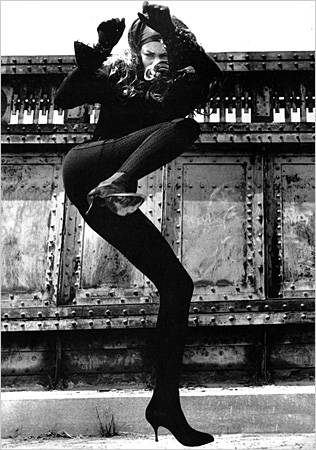Back in my day, books written for "YA" or young adults as it is called now, involved sporty girls who got themselves into scrapes. On the young end of the spectrum there was Harriet the Spy (a personal favorite, nosy little writer that she was) and Trixie Beldon and of course dear Nancy Drew (pain in the butt I always thought, bloody prissy princess). Back then, life was harsh but the books were gentle -- Nancy, for example, had no mother (interesting, that) and a lovely dad, she was perfect, poised and pretty, there was some housekeeper or other around, and her friends fell into two cardboard camps: there was a tomboy and there was a soft and gentle nice girl named Honey if I recall, who was "pleasantly plump" whatever that means. Once you graduated from these sweet tomes you were onto real books, like The Catcher in the Rye and such before you moved on to Harold Robbins or Henry Miller for instructional purposes.
Lately I've been reading a number of books meant for young people, and what a sea change. It may be trite to say it but it seems to me that LIFE for young people has become gentle and easy (buy me take me show me being their mantra, and their parents snap to attention and buy, take, show) but their books are harsh. It is amazing to me that adult writers can so powerfully depict the pain and angst of childhood and youth. These books are like perfume -- as a scent can immediately transport you back to a time and place, these books artfully remind me of the crushing griefs and embarrassments of a cruel world we barely understand.
What I Was is written by the amazing Meg Rosoff, who also wrote the wonderful How I Live Now. Both describe youth as being its own country, cut off entirely from mysterious adults and their mores.
What I Was speaks of the chaste love affair (of the deep friendship kind, the best kind) between two boys. This friendship is the only softness either knows; the narrator is in British boarding school which we are given to understand is cold in every way and filled with bullies and the ever-dangerous weak, both bent on destruction. It also speaks of the intense passions of that age, and what I had not considered is how transforming they are. And they are. I remember well a great love of my life, my best friend in highschool, who went off me for a reason only she knows. The anxiety and despair this rejection caused can still bring me to my knees when I think about it. It set me up for a million disappointments -- an early lesson, yes, and a painful one.
Black Swan Green by David Mitchell also describes a young British schoolboy, this one a stammerer who is tormented by Hangman (who gets in the way of the language he wants to use) and Maggot, inner demons both. His parents are each in their way soulless, fighting with each other about something that lurks beneath the surface. Adulthood looks dreadful, the present is fraught with the cruelty of peers and our boy must make his way through minefields of all kinds -- even his own inner spirit works against him, strangling his words.
I have said it many times but still, I don't know how we survive childhood. Few of us survive it intact. It is wonderful to me that writers can turn such experience into wisdom and art.
In a way reading these books is therapeutic. We recognize the slights the protagonist is enduring, we went through them ourselves. We support him, love him, want to protect him. We hate his enemies. The lesson then, is that the wounded soul really did deserve to be cared for, it is so obvious on the page, and this is something we can take into life. Kind of a revelation, that.
Subscribe to:
Post Comments (Atom)












1 comment:
There is a vein of nostalgia -- nostalgia in the truest sense of the word which, taken from the Greek, means literally pain for home -- running through your recent dispatches from the frontlines of the soul. And it is lovely to read.
How did we ever survive childhood? Might I suggest it was because we were CHILDREN. No adult could survive childhood. Children are ridiculously resilient. And, mercifully, they really don't know any better.
Ahhh, Henry Miller. I love what he said when recalling how he felt when he first moved to Paris to write: "I was so in love with the idea of being a writer I could scarcely write!"
Post a Comment